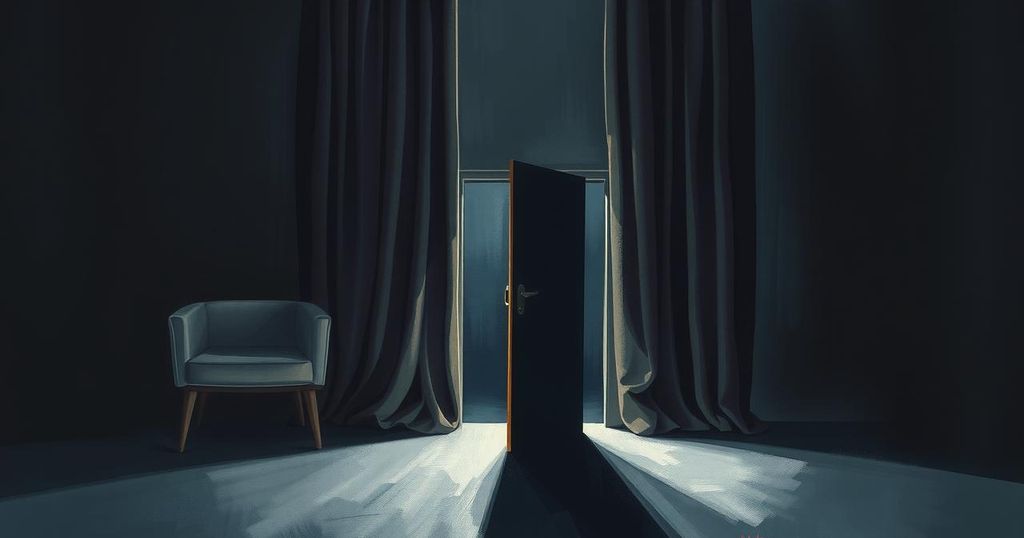Behind Closed Doors: Unveiling Brazil’s Authoritarian Past

“Behind Closed Doors” documents Brazil’s descent into authoritarianism following the 1968 Institutional Act No 5. By contrasting archival propaganda with recordings from a secret military meeting, the film exposes the brutal realities behind a facade of unity. While stylistic choices are effective, they become repetitive, and the film misses a deeper connection to current political dynamics under Jair Bolsonaro.
In December 1968, Brazil’s military dictatorship convened for a secret meeting that resulted in Institutional Act No 5. This decree eliminated civil rights for dissenters and initiated a brutal era marked by enforced disappearances, torture, and extrajudicial killings. While the meeting was recorded, the tapes were only made public in recent years. João Pedro Bim’s documentary reveals these dark narratives by juxtaposing the tapes with propaganda newsreels, highlighting the undercurrents of dictatorial control.
The archival newsreel footage evokes an illusion of national prosperity and solidarity, presenting scenes filled with marching soldiers, modern architecture, and enthusiastic citizens. These contrasting recordings of high-ranking officials discussing the systematic erosion of democratic freedoms disrupt the illusion of social cohesion. This stark juxtaposition exposes the sinister reality masked by the state’s vibrant narrative.
“Behind Closed Doors” underscores the role of propaganda as a form of intellectual distraction. The documentary’s stylistic choices, such as freeze frames, time lapses, and jump cuts, effectively dismantle the seemingly cohesive narrative presented in the state-produced films. These techniques visually represent the discord between the official narrative and the harsh realities of governance under dictatorship.
However, while these stylistic elements are intriguing, they begin to feel repetitive as the documentary progresses. The connections between images and their associated sounds risk becoming predictable. Furthermore, given the current political climate under Jair Bolsonaro, the film misses an opportunity to draw more explicit parallels between historical authoritarian tactics and contemporary governance.
In summary, “Behind Closed Doors” sheds light on Brazil’s descent into authoritarianism through the lens of a significant historical event. By contrasting archival propaganda with recordings of dictatorial power at work, the documentary uncovers the dark reality behind the facade of unity and prosperity. Although stylistic elements enhance its message, the lack of connection to contemporary political parallels slightly detracts from its impact. Overall, the film serves as a critical examination of the enduring effects of authoritarianism.
Original Source: www.theguardian.com







